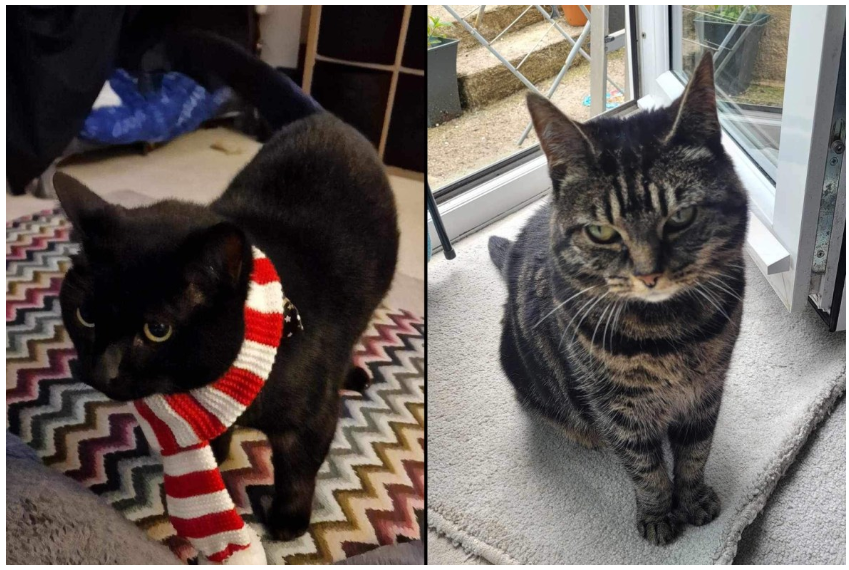It’s safe to drink the water – oh no! Wait a minute, it’s not safe.
What a farcical shambles. – Owl
Wrong boil water advice given to some Devon homes
A water company has apologised after nearly 30 properties in Devon were wrongly told they could stop boiling their water after a parasite outbreak.
George Thorpe www.bbc.co.uk
South West Water (SWW) on Saturday lifted a boil water notice for 14,500 properties in Brixham after part of the network was given the all-clear.
About 2,500 properties in Hillhead, Kingswear and upper parts of Brixham are still being advised to boil their water.
However, some residents received a letter saying they could drink the tap water, only to get a separate message hours later advising them to keep boiling it.
SWW blamed an issue with its digital mapping system for the error and said it was offering an extra £75 compensation to people given the wrong advice.
It said 28 properties received the wrong notice.
There are 46 confirmed cases of cryptosporidiosis, an illness that causes diarrhoea, linked to the outbreak.
The first letter sent to residents said the UK Health Security Agency and the local environmental health department agreed the boil water notice could be lifted.
The second letter, seen by the BBC, warned the parasite was still in the area’s water supply and residents should continue boiling their water.
‘Sort yourselves out’
Rhian Manley said she received two notices, with the second letter arriving at about 22:00 BST.
She said the situation was “embarrassing” and could have had serious implications for residents.
“My message to South West Water is sort yourselves out and actually start working for the people who pay for you,” she added.
Conservative MP Anthony Mangnall, whose Totnes constituency covers Brixham, said the leaflet issue was another sign of how poor SWW’s communication had been.
He advised residents to look at a postcode checker, external on SWW’s website to see if they should boil their tap water or not.
“It is deeply disappointing that South West Water continues to frustrate residents with unclear communications,” he said.
‘Technical issue’
SWW apologised for the confusion caused by the conflicting letters.
“This was caused due to a technical issue with our digital mapping system,” it said.
“We also had a small number of customers in a localised area who, in error, received the wrong notice advising them that their property was no longer covered by the notice.”
The firm said it was contacting customers affected by the conflicting advice.
These customers would be receiving an extra £75 compensation, SWW said.
Dee Agirdici-Maher said she would use bottled water for the time being
Other residents in Brixham have said they are still worried about drinking tap water, saying they do not trust how clean it is.
Dee Agirdici-Maher, who lives near Alston and has been told she can drink her tap water again, said it was going to be “a while” before she trusts the water.
She said she would drink bottled water until she was “totally comfortable” with the supply.
“It’s going to take time,” she said.
She said the water company’s handling of the outbreak had been poor.
“Truthfully, with all the money that they’ve got, it shouldn’t have happened in the first place,” she said.
SWW on Saturday increased the level of compensation available for the remaining affected households, rising from £115 to £215.
However, it said it had been made aware of fraudulent calls being made to some customers.
The company said customers did not need to do anything to receive the payment as it would be paid straight into their accounts and urged people to report any suspicious calls.
“All household customers who have been issued with the boil water notice will receive their compensation by way of an automatic payment,” a SWW spokeswoman said.
“Where we hold direct debit details this will be made as an immediate payment, where we do not this will be added as a credit to the next available bill.”
David Harris, SWW’s drought and resilience director, said the water tank at Hillhead reservoir had been drained.
He said the tank, where tests confirmed the presence of cryptosporidium, would be thoroughly cleaned before being refilled.
A damaged valve on private land in the area was identified as the “possible cause of contamination” and it was isolated from the network, the company said.

